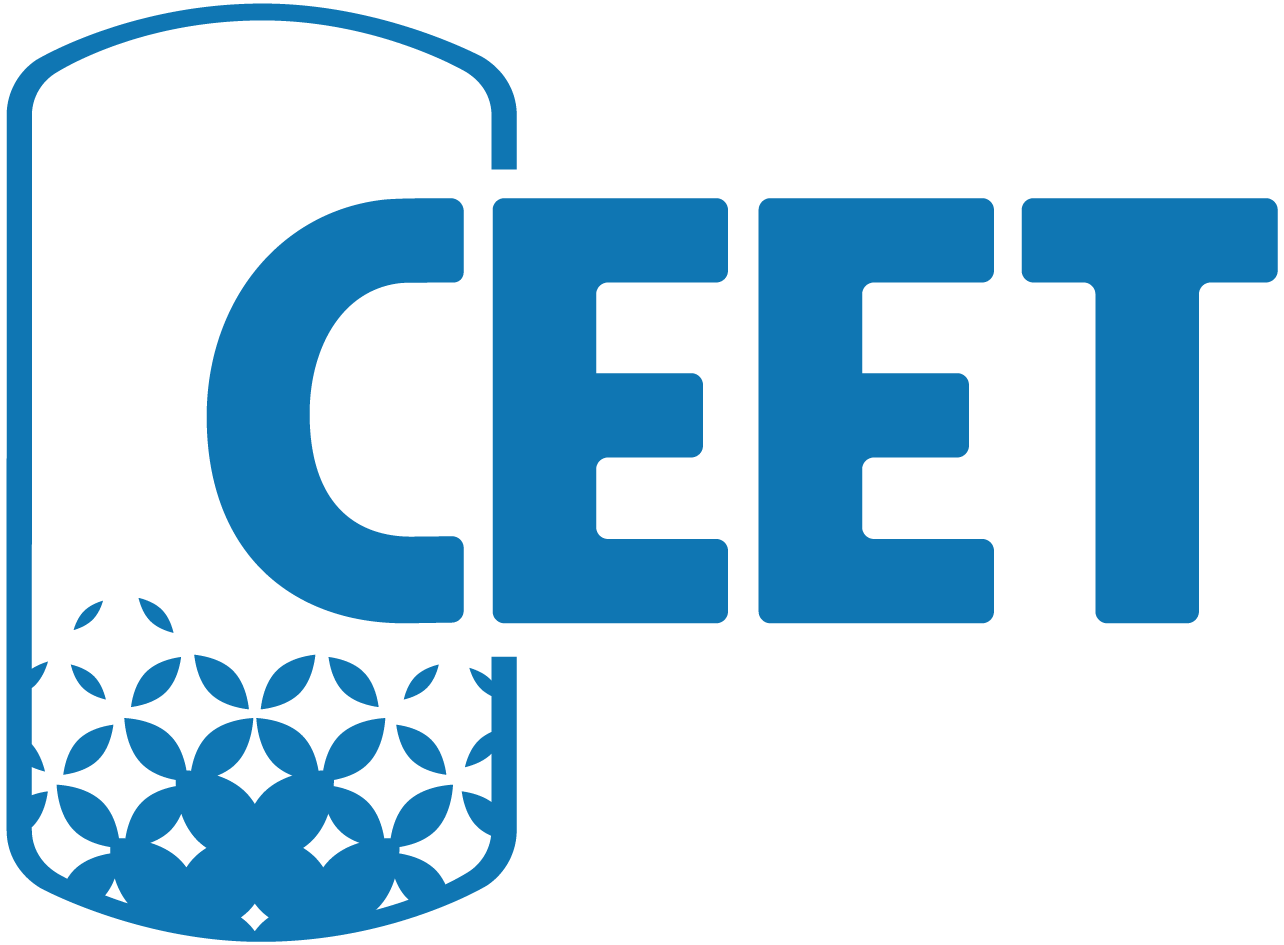Niklas Mayr, Michael Haring and Thomas Wallek Continuous fractional component Gibbs ensemble Monte Carlo
Maximilian Neubauer, Maximilian Steiner, Max Vogi, Georg Rudelstorfer, Thomas Wallek and Susanne Lux Continuous separation and purification of glycerol distillation residues in the sense of circular economy
Christoph Mayer and Thomas Wallek Discrete Modeling Approach for Cluster-Based Excess Gibbs-Energy of Molecular Liquids
Maximilian Neubauer, Georg Lenk, Nikolai Schubert, Susanne Lux and Thomas Wallek Surrogates for Liquid–Liquid Extraction
Niklas Mayr, Michael Haring and Thomas Wallek Auto-calibration strategy for the equilibration phase of Gibbs ensemble Monte Carlo simulations
Christoph Mayer and Thomas Wallek Cluster-Based Discrete Modeling Approach for Activity Coefficients of Molecular Liquids
Michael Haring, Sascha Kleiber, Mia Magdalena Bangerl and Thomas Wallek Inverted Classroom Concept applied to a Chemical Thermodynamics Exercise
Max Vogi, Maximilian Neubauer, Susanne Lux and Thomas Wallek Triethylene Glycol as Entrainer for 1-Propanol + Water Mixtures
Michael Haring and Thomas Wallek A Gibbs-Ensemble Monte Carlo Software Suite implemented in Wolfram
Martin Panholzer, Michael Haring, Thomas Wallek and Robert E. Zillich Bridge function as a functional of the radial distribution function: Operator learning and application
Max Vogi, Susanne Lux and Thomas Wallek Density, Viscosity, and Excess Molar Volume of the Binary Mixtures of 1-Propanol, 1,2-Propanediol, 1,3-Propanediol, and Glycerol
Michael Haring, Mia Magdalena Bangerl and Thomas Wallek Exploring the Impact of Self-Directed Learning with Interactive Notebooks on Students’ Experiences in a Chemical Thermodynamics Exercise
Show more...


